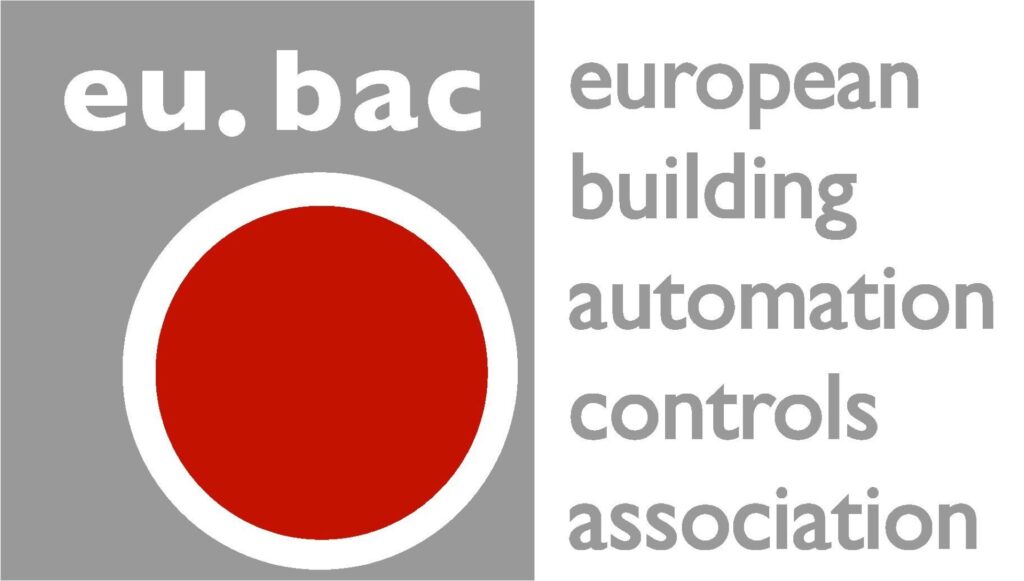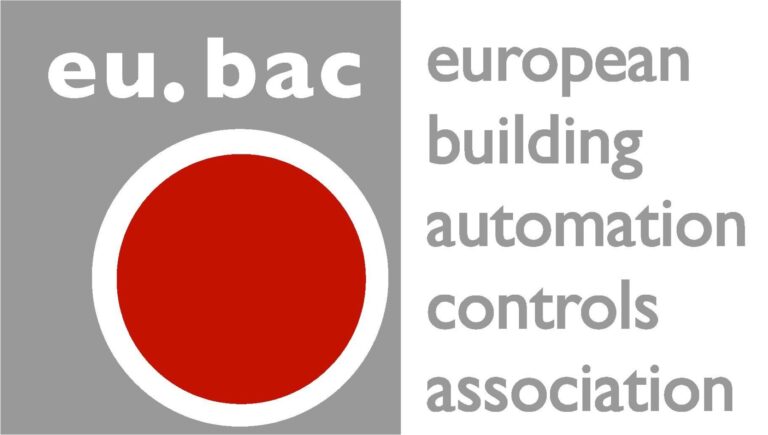eu.bac Press Release “EP Plenary approve ambitious EPBD, driving digitalization, delivering huge savings and improving health by BACS”

On Tuesday 17 April the European Parliament’s Plenary, with an outstanding majority, voted in favour of the Bendtsen Report on the new Energy Performance of Buildings Directive (EPBD). This vote follows the agreement reached between the institutions in December and the endorsement of the EU ambassadors on 31st January.
eu.bac, representing the European Building Automation and Control Industry, welcomes the vote and congratulates the Rapporteur, Mr. Bendt Bendtsen, and his shadow rapporteur colleagues for their work.
The vote represents a major milestone in the road to decarbonize Europe, delivering health and comfort to occupants, empowering them to achieve huge savings and, at the same time, strongly supporting digitalization at European level.
The new Directive envisages several new key elements, such as:
- Roll-out, by 2025, of building automation and control functionalities in large non-residential buildings that ensure optimized energy consumption and indoor comfort in real-time, year after year, saving up to 20.3 % of all EU service sector building energy consumption[1], with returns 9 times higher than investments[2];
- Incentives to building automation and control functionalities as the most cost-effective approach for maintaining performance of heating and air-conditioning systems in residential buildings, with returns 9 times higher than investments[3] and annual energy savings up to 23.4% of residential building energy consumption (optimal scenario)[4];
- Roll-out of individual room temperature control functionality, putting people in control of their energy bills and indoor comfort, and delivering annual energy savings of up to 160 TWh, 29 Mt CO2, with returns 7 times higher than investments[5];
- Increased focus on performance improvements under typical, dynamically varying building operating conditions, to ensure that intended savings are achieved in practice.
- The mandate to adopt delegating and implementing acts establishing an optional common Union scheme for rating the smart readiness of buildings through a smart readiness indicator and detailing the technical modalities for the effective implementation.
Following a formal approval by the Council expected in May, the Directive will be published in the Official Journal of the EU and it will enter into force twenty days later, with a transposition period of 20 months.
The European Institutions demonstrated political courage and vision, it is now up to the Member States in the coming months to translate these words into actions, integrating the current text with ambitious measures, fully implementing the Directive in the best interests of people and businesses alike.
The European Building Automation and Controls industry is fully committed in providing its technical expertise in implementing the Directive and will soon publish its Guidelines on the text, providing Member States and Stakeholders with concrete, detailed suggestions on how to ensure a smooth and effective transposition and implementation.
[1] Waide Strategic Efficiency Limited, The scope for energy and CO2 savings in the EU through the use of building automation technology
[2] European Copper Institute, Leonardo Energy paper on Building Automation
[3] European Copper Institute, Leonardo Energy paper on Building Automation
[4] Waide Strategic Efficiency Limited, The scope for energy and CO2 savings in the EU through the use of building automation technology
[5] eu.bac white paper on Room Temperature Controls
